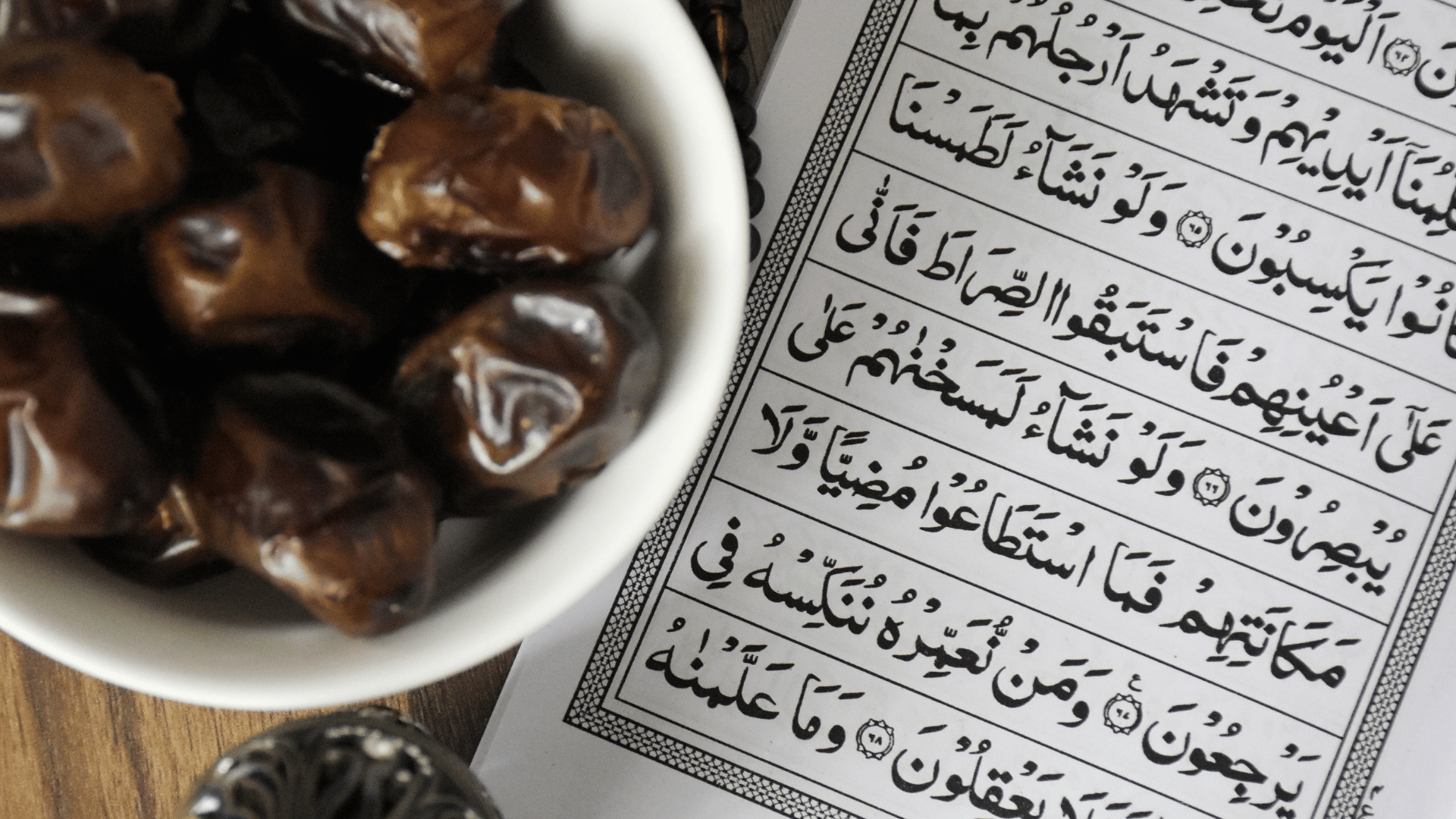
Sawm
Sawm (Fasting)
Fasting during Ramadan is one of the Five Pillars of Islam and is an important religious observance for Muslims around the world. Ramadan is the ninth month of the Islamic lunar calendar, and during this month, Muslims fast from dawn to sunset as an act of worship and obedience to Allah. The fasting during Ramadan is known as “Sawm.”
When does it Start and End?
- Start of Sawm (Beginning of Ramadan):
- Ramadan begins with the sighting of the new moon. Muslims await the announcement from local religious authorities or Islamic scholars confirming the sighting. It’s essential to note that the actual sighting of the moon is the traditional method, but some communities also rely on astronomical calculations.
- End of Sawm (Eid al-Fitr):
- The end of Ramadan is marked by the celebration of Eid al-Fitr. The new moon of the month of Shawwal is awaited, and the next day, if confirmed by the moon sighting, is declared as Eid al-Fitr. On this day, Muslims break their fast, and it is forbidden to fast on Eid al-Fitr. Like the beginning of Ramadan, the end of Ramadan is determined by the sighting of the new moon.
It’s important to highlight that the method of moon sighting can vary among different communities and regions. Some communities rely on local moon sightings, while others may follow global moon sighting or astronomical calculations. As a result, the exact timing of the start and end of Ramadan can sometimes vary between different locations and communities.
To determine the specific dates for the start and end of Sawm in a particular year, it’s advisable to check with your local mosque as they will announce the official dates based on moon sightings or established calculations. Many mosques also publish Ramadan calendars with prayer and Iftar times for the entire month.
More about Sawm
- Intention (Niyyah): Fasting in Ramadan begins with a sincere intention (niyyah) to fast for the sake of Allah. This intention is made within one’s heart and is a personal commitment to observe the fast.
- Abstaining from Food and Drink: Muslims refrain from consuming food, drink, smoking, and engaging in marital relations from dawn (Fajr) until sunset (Maghrib). This includes avoiding sinful behavior and controlling one’s desires and actions.
- Suhoor and Iftar: The pre-dawn/pre-fajr meal before fasting begins is called Suhoor, and the meal to break the fast at sunset/maghrib is called Iftar. Suhoor typically includes a predawn meal with foods that provide sustained energy throughout the day. Iftar is often started with the eating of dates and followed by a larger meal that includes a variety of foods.
- Prayer and Reflection: Ramadan is a time for increased devotion, prayer, and reflection on one’s spiritual life. Muslims perform the five daily prayers, and many engage in additional acts of worship, such as reading the Quran, attending nightly Tarawih prayers at the mosque, and seeking forgiveness and self-improvement.
- Spiritual Growth and Self-Discipline: Fasting in Ramadan is not only a physical act but also a spiritual one. It encourages self-discipline, self-control, empathy for the less fortunate, and gratitude for the blessings one has.
- Eid al-Fitr: The end of Ramadan is marked by the celebration of Eid al-Fitr, a festive day that begins with a special prayer, charity (known as Zakat al-Fitr) given to those in need, and joyful gatherings with family and friends.
